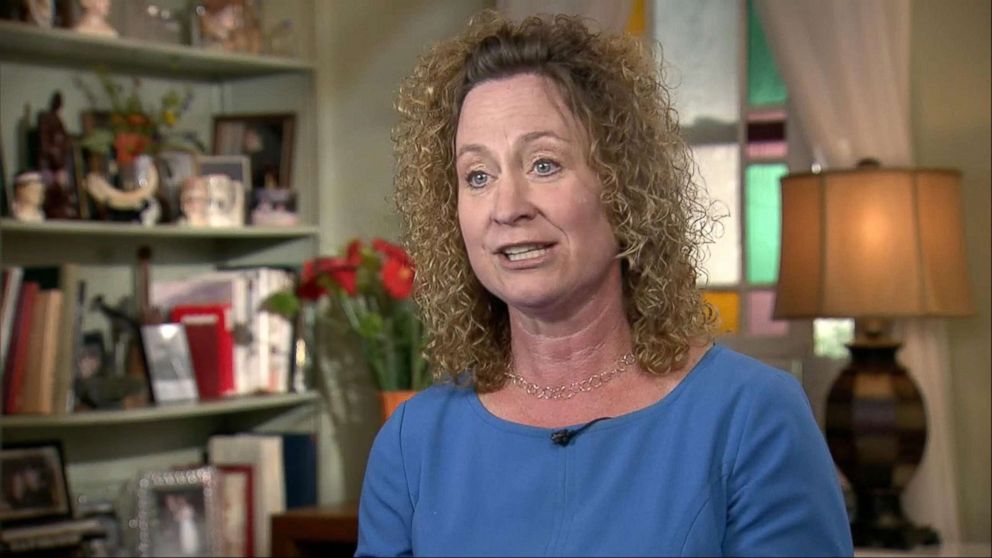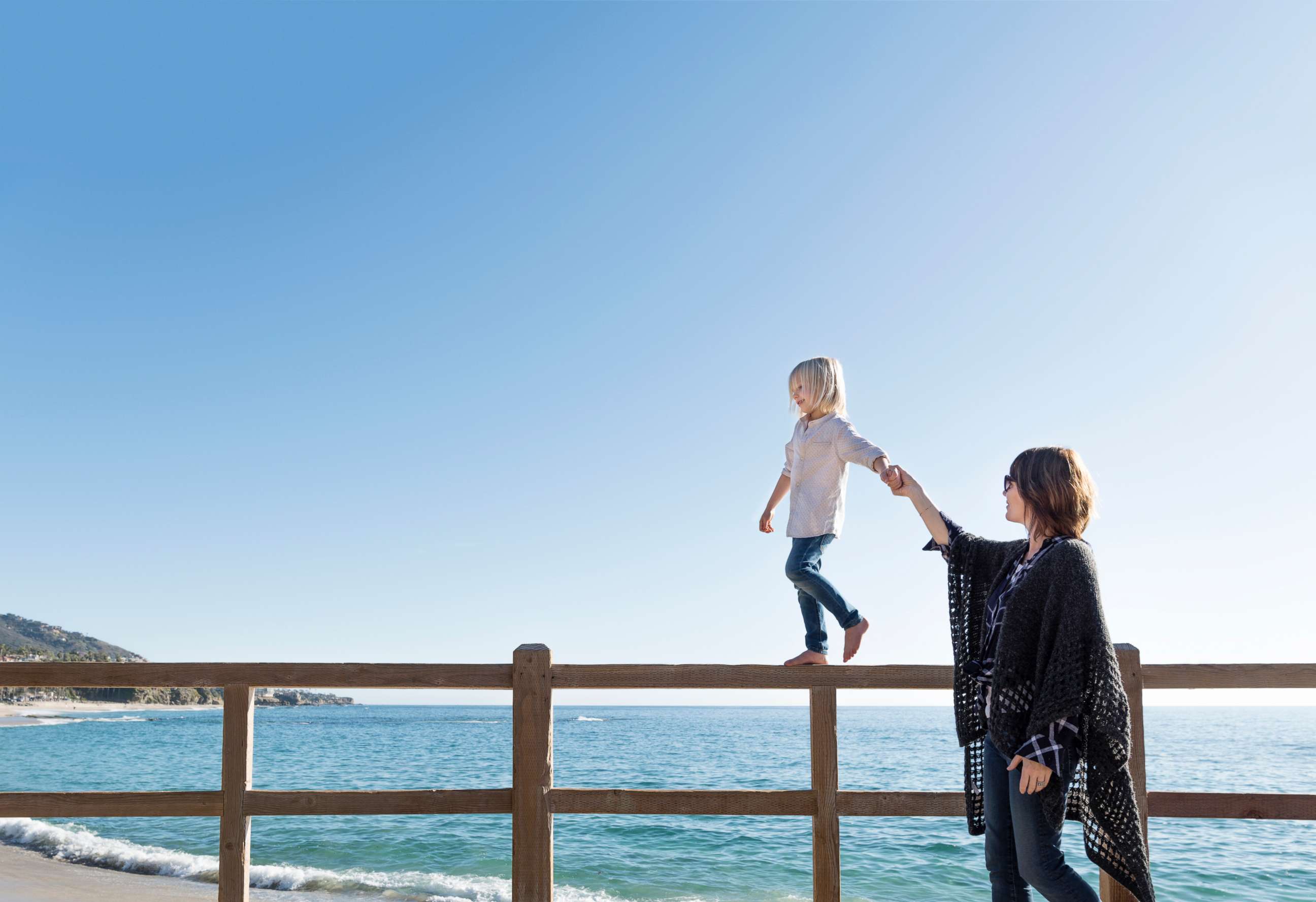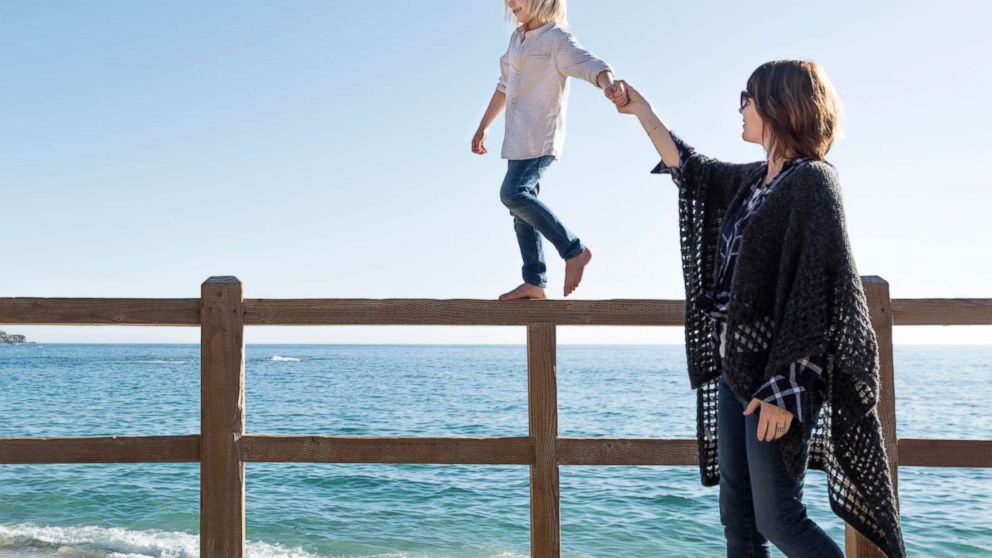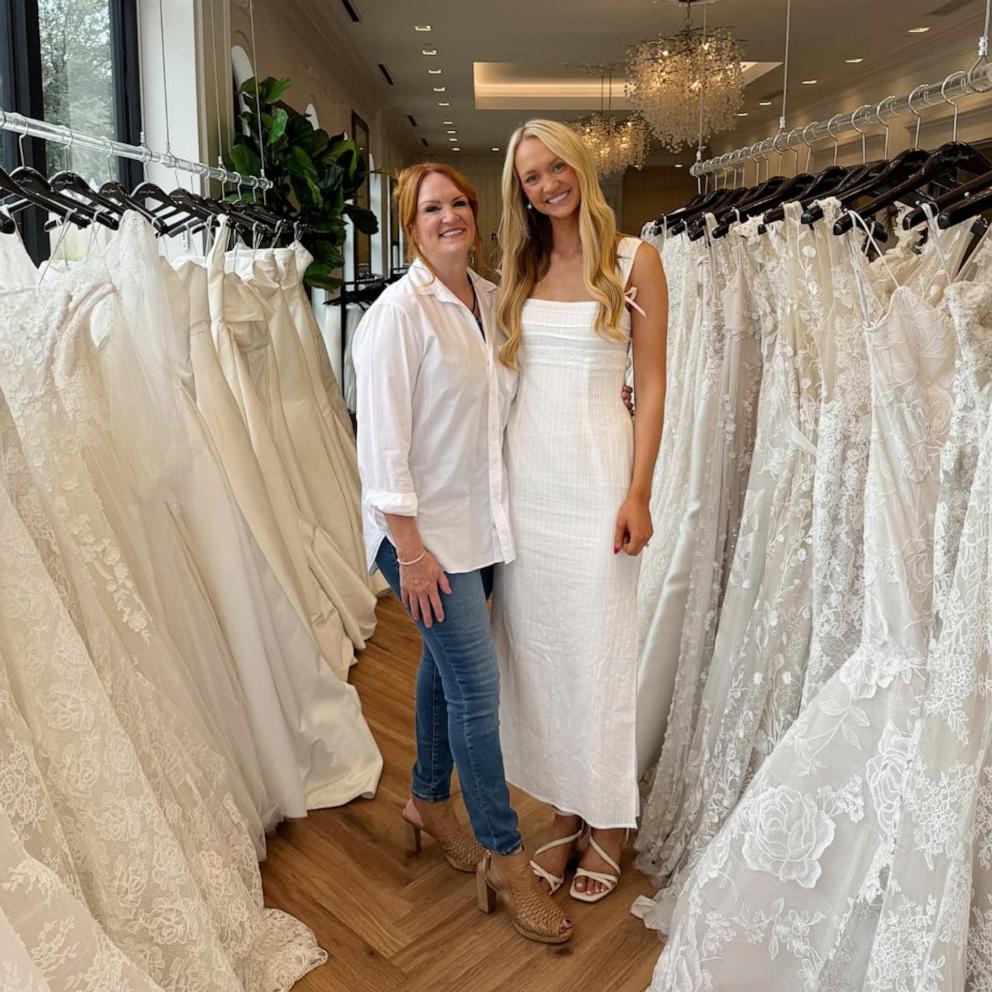Moms being shamed for leaving kids unattended ignites heated parenting debate
A New York Times article is sparking an online debate about why leaving your children unattended has become taboo.
In the essay, "Motherhood in the Age of Fear," author Kim Brooks details the stories of six mothers who "paid the cost of parenting" after they left their kids behind while running errands.
"We now live in a country where it is seen as abnormal, or even criminal to allow children to be away from direct adult supervision, even for a second," Brooks wrote.
Brooks also described how she was faced with charges of contributing to the delinquency of a minor (her son), after a stranger had reported her to police for leaving him in the car while she went into a store.
The charges were dismissed after Brooks completed 100 hours of community service.

Julie Koehler, another parent who was interviewed for Brooks' article, had a similar story.
In 2016, Koehler of Illinois, left her three daughters in her minivan while she grabbed coffee.
"I saw the police officer walk up to the car and start questioning my children and I thought nothing of it until my kids started to cry," Koehler said on "Good Morning America." "And at that point I walked out and he turned on me and asked me where I was."
Koehler, who works as a senior public defender, said she defended her actions.
"He accused me of abandoning my children and I just laughed at him," Koehler recalled. "He had picked on the wrong mother because I actually know my rights."
Koeler said that no charges were pressed against her, but that something needs to change.

"We need to fight back against this judgment, this shaming of mothers," she explained. "It's got to stop and it stops with us."
Researchers at University of California, Irvine, have studied just how people reacted to this topic by using short descriptions in which a parent left a child unattended. Participants were then asked to estimate how much danger they felt the child was in.
The study found that the participants’ assessment of the child’s danger depended on how "morally offensive they found the parent’s reason for leaving," according to the Times piece.
"What has changed seems to be social norms, moral judgments, the idea that children should never be left alone and that a parent who leaves a child alone is negligent or abusive," Barbara W. Sarnecka, a cognitive scientist at the University of California, Irvine, told "GMA."
In Brooks' piece, she said that no mom is safe from this criticism.
"We're contemptuous of 'lazy' poor mothers. We're contemptuous of 'distracted' working mothers. We're contemptuous of 'selfish' rich mothers."
But readers had mixed feelings about the New York Times article, which has garnered nearly 2,000 comments.
One wrote, "Intervene when children are in real danger. Mind your own business when they are not."
Another said, "You should stop listening to the small voice in your head and start paying attention to the law -- there's a reason 19 states make the act of leaving a toddler alone in a locked, parked car illegal. It's wrong."
On May 8, a new law legalizing so-called "free-range parenting" officially went into effect in Utah.
The law rewrites the state's definition of "neglect," so that kids can participate in some unsupervised activities without their parents being charged, a representative from the state confirmed to ABC News at the time.

Dr. Dave Anderson, a clinical psychologist at the Child Mind Institute, explained that those who are considering free-range parenting should take everything on a "case by case basis."
"If your 12-year-old is capable of walking home from the bus stop by themselves, that's something that you might make a decision about where another 12-year-old may be too impulsive," Anderson explained on "Good Morning America" in March after the free-range parenting bill was initially signed.
Today on "GMA," ABC News' senior legal correspondent and analyst Sunny Hostin stressed that there are state-by-state differences when it comes to laws on leaving a child unattended.
"I think we need to take care of our children, but I also think as parents we need to know the law," Hostin said. "There's no federal law, but there are certainly laws in about 19 states and there are different age groups...figure out what the law is in your state, but err on the side of protecting your child."




